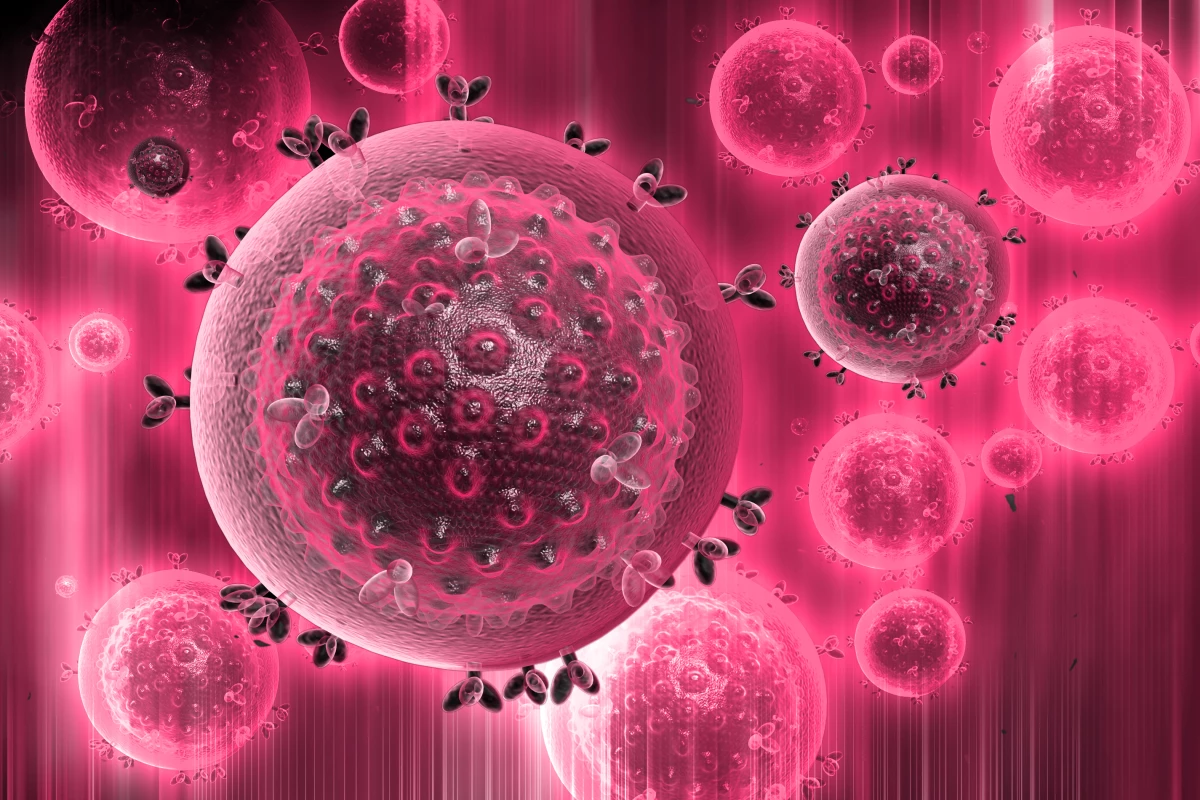New research led by scientists from the National Institute of Allergy and Infectious Diseases is showing promising preclinical signs for an experimental mRNA vaccine targeting HIV. The sophisticated vaccine was found to generate robust responses in mice and primates but still needs more optimization before moving to preliminary human trials.
The incredible success of mRNA vaccines against COVID-19 has hit fast-forward on a nascent technology that had been gestating slowly for decades. Over the past year literally billions of mRNA vaccine doses have been administered across the world, offering researchers vast volumes of data that would have been virtually impossible to gather without the urgency of a global pandemic. We now know mRNA vaccines are remarkably safe and work incredibly well.
With SARS-CoV-2, mRNA vaccines have a single straightforward target – the infamous coronavirus spike protein. But HIV is a very different virus. Its equivalent spike protein antigen target, known as an envelope glycoprotein (Env), is a much more complicated molecule.
“Env is a formidable target that fails to induce the right kind of antibodies even in the majority of people who are infected with HIV,” explains South African AIDS researchers Lynn Morris in a commentary on the new study. “Unlike spike protein, which is relatively stable and contains just a few immunodominant epitopes (mostly restricted to the receptor-binding domain), Env is a complex trimeric protein with multiple dispersed antibody epitopes — many of which are conformational and heavily coated in sugars that shield them from antibody attack.”
The new experimental vaccine contains mRNA encoding for the Env protein as well as another HIV protein known as Gag. When cells in an animal produce both proteins in tandem they subsequently express complex virus-like-particles (VLPs) that more closely resemble what the immune system sees when a real HIV virus invades a body.
“The display of multiple copies of authentic HIV envelope protein on each VLP is one of the special features of our platform that closely mimics natural infection and may have played a role in eliciting the desired immune responses,” explains Paolo Lusso, a researcher working on the new vaccine.
Tests in both mice and primate models have shown the vaccine can generate robust neutralizing antibody responses to the HIV virus. However, there are still some hurdles to overcome before the research can move to human trials.
To generate the immune responses reported in the study the researchers needed to administer multiple high mRNA vaccine doses over a long period of time. Over seven high mRNA doses across almost one year were necessary before the animals displayed measurable levels of neutralizing antibodies.
Nevertheless, Lusso is confident the vaccine can be optimized to improve efficacy. New work is already underway exploring modified versions of the vaccine in animals, and if all goes well the team is ready to quickly move to Phase 1 human trials.
“We are now refining our vaccine protocol to improve the quality and quantity of the VLPs produced,” says Lusso. “This may further increase vaccine efficacy and thus lower the number of prime and boost inoculations needed to produce a robust immune response. If confirmed safe and effective, we plan to conduct a Phase 1 trial of this vaccine platform in healthy adult volunteers.”
The new study was published in the journal Nature Medicine.
Source: NIH




